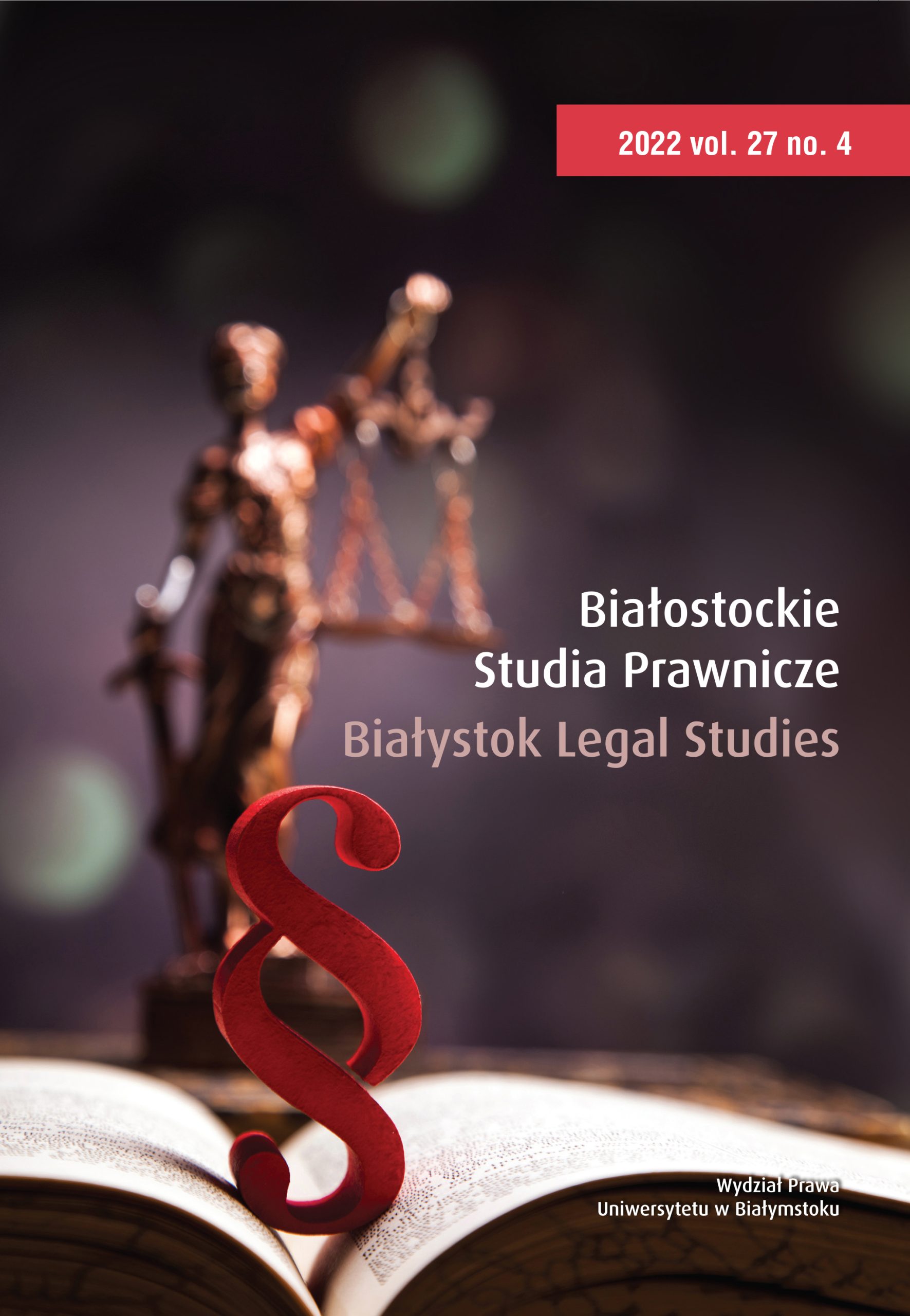Predictive Analysis for Text Classification: Discrete Units in Company Registration Discourse
Predictive Analysis for Text Classification: Discrete Units in Company Registration Discourse
Author(s): Edyta WięcławskaSubject(s): Applied Linguistics, Translation Studies
Published by: Temida 2
Keywords: authorship factor; decision tree; legal discourse; predictive analysis; random forest; text classification;
Summary/Abstract: Legal discourse shows variation most commonly in terms of contrasts between languages, textual genres, communicative settings (professional vs. lay communication), translation methods and categories of authors, the last constituting a testing ground for the text-prediction task presented in this article. The research project involves quantitative analysis of selected discrete units and their statistical processing with the R tool for the purpose of generating random forest and decision tree models. It is hypothesised that it is possible to effectively predict text authorship based on the grammatical profile of the texts. The prediction model proposed here covers two authorship categories, institutional name and professional title, and these encapsulate authorship sub-categories related to institutional and work position background. The prediction accuracy parameters for the authorship-based text classification in both cases prove to be statistically satisfactory. More specific findings show that the text classification models for some authorship sub-categories are more effective than for others. Further, some discrete units have distinctively high discriminative power for the texts. The analysis is conducted on a custom- designed corpus, composed of English texts processed in company registration proceedings. The corpus is homogenous in terms of the function and the communicative context of the texts, which assures reliability of the findings and at the same time captures the variationist aspect of legal communication by taking the varied authorship factor into account.
Journal: Białostockie Studia Prawnicze
- Issue Year: 4/2022
- Issue No: 27
- Page Range: 229-252
- Page Count: 24
- Language: English

